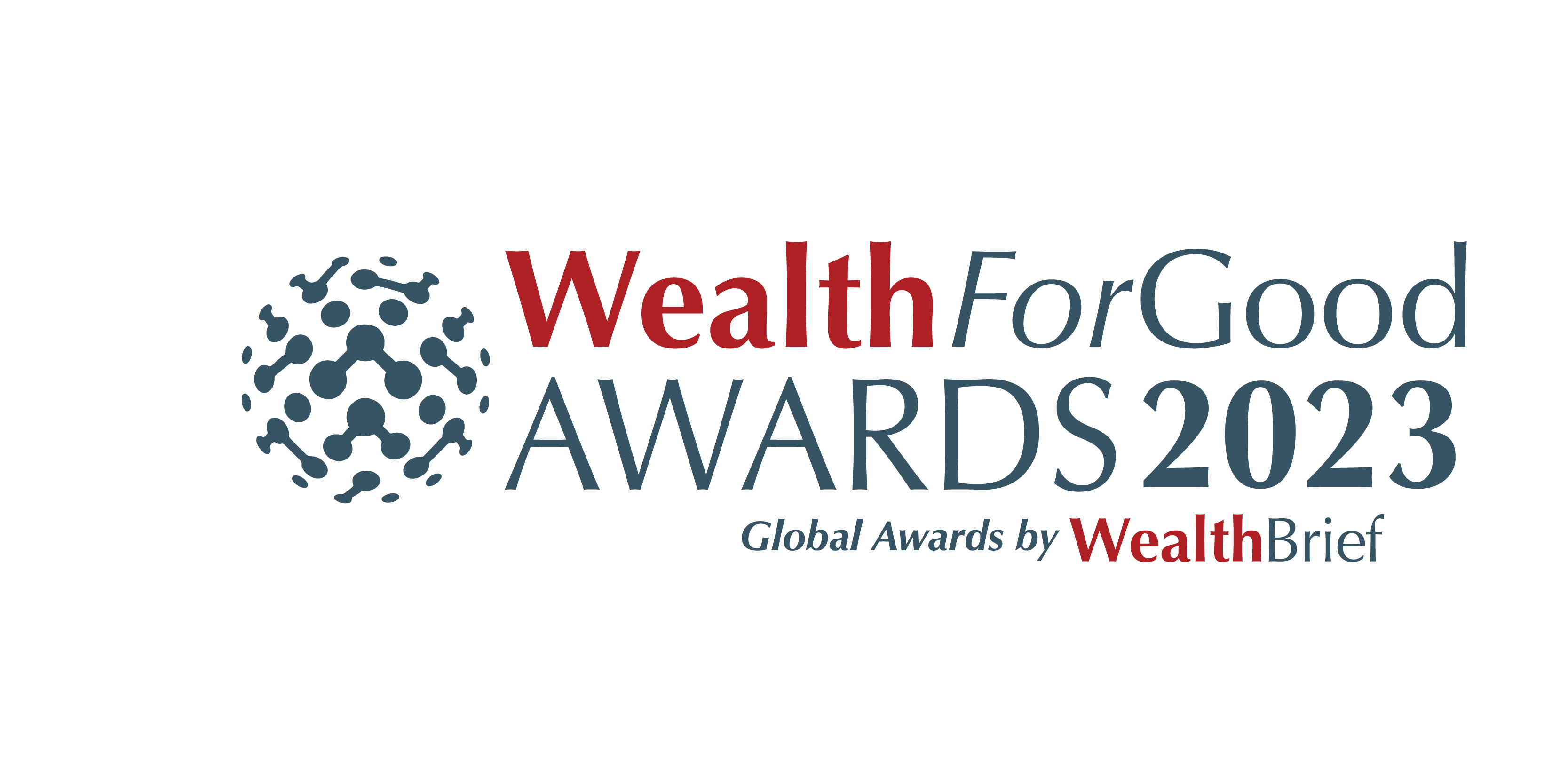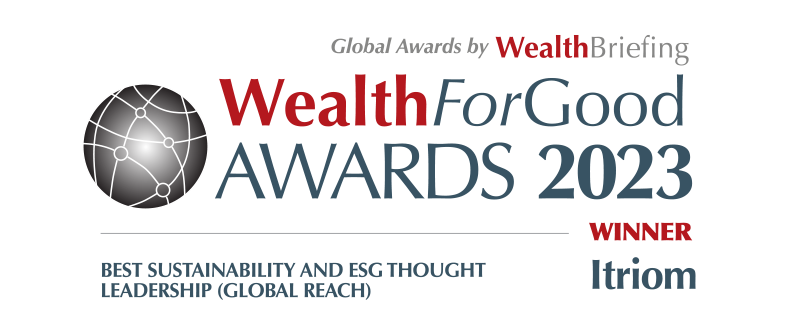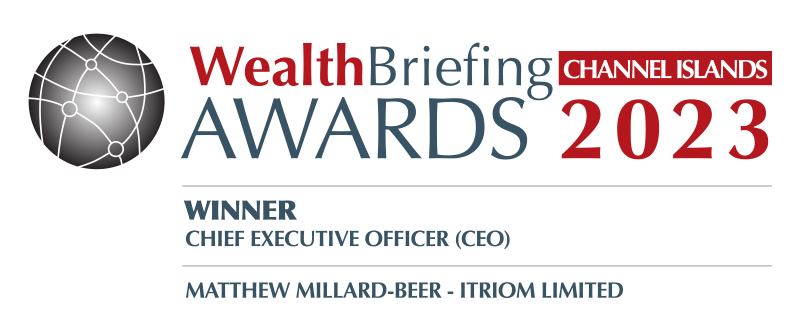But here’s the kicker: wealth management firms might be left holding the short end of the stick. The next generation of wealth holders isn’t just tech-savvy; they’re tech-native. They don’t just want digital integration; they expect a seamless digital experience.
This article explores the critical signs that a wealth management firm may not be sustainable in retaining next-gen clients and offers insights on how to address these challenges effectively.
In an era where digital experiences are seamlessly integrated into daily life, wealth management firms can no longer afford to lag in technological adoption. A survey by Schroders revealed that 64% of millennials expect their wealth managers to offer a cutting-edge digital platform. This includes real-time portfolio updates, advanced analytics, and secure digital communication channels. Wealth management firms that are relying on outdated technology will find themselves struggling to meet these expectations. More importantly, cybersecurity is of paramount importance, as data breaches can erode trust and drive clients away.
By partnering with tech companies that prioritise next-gen’s needs i.e. offering user-friendly and feature-rich digital platforms that provide transparency, real-time insights, and seamless communication, family office advisors will be strategically positioned to secure a firm position in the future of wealth management.
One of the most significant shifts in investment preferences is the focus on sustainable and impact investing. According to the Morgan Stanley Institute for Sustainable Investing, 95% of millennials are interested in sustainable investing. This is not surprising, as next-gens are concerned about identity, and inheriting a responsibility towards the world means they need to reflect their ethical stances in investments. This trend is not merely about avoiding investments that are harmful for the planet, but to actively seek opportunities that align with personal values and create positive social and environmental impact.
Yet, traditional wealth management firms often struggle to provide comprehensive ESG (Environmental, Social, and Governance) options and impact measurement tools. A report by Capgemini found that only 41% of wealth management firms offer ESG scoring. This gap presents a significant risk of losing next-gen clients to more progressive firms or robo-advisors that prioritise sustainable investing options.
The evolving role of wealth managers must now include a comprehensive suite of ESG and impact investing options, backed by robust analysis and reporting tools.
A substantial disconnect exists between the inheritance expectations of millennials and Gen Z and the actual plans of their parents. This gap is often due to poor communication about financial matters. Wealth management firms that do not facilitate open and transparent conversations about inheritance and financial planning are likely to face challenges in retaining next-gen clients. Driven by intergenerational transfers, the wealth management industry should prepare to anticipate increased investment and advice needs arising from new client migration and investment patterns.
To capture this opportunity, a digitally enabled interaction channel for both clients and advisors is needed. Next-gen clients have shown a preference for new hybrid human and technology models and experiences. Digital services enable next-gen clients to engage with their advisors on their own terms, accessing information, asking questions, and expressing their values and priorities. Ultimately, a digital strategy creates the foundation for further interactions.
Next-gen inheritors are redefining philanthropy, moving beyond traditional charitable giving to strategic philanthropy and impact investing. Firms that adhere to conventional philanthropic approaches without strategic alignment to the family’s values may fall short. As highlighted previously, establishing common family values and expectations around philanthropic efforts can foster cohesion across generations. Furthermore, when next-gen clients are involved in philanthropy, it can instil pride, responsibility and identification with the family values.
To remain relevant, advisors must develop deep expertise in areas like program-related investing, social impact bonds, and other innovative philanthropic vehicles. Merely providing a list of established nonprofits will no longer suffice. Advisors must become fluent in assessing social and environmental impact, measuring outcomes, and aligning philanthropy with each client’s unique values and passions.
The wealth management industry is at a crossroads. One path leads to irrelevance, the other to an exciting future. The firms that will thrive are those that can adapt to the changing needs and values of the next generation.
For more information and personalised advice on multi-generational wealth management, visit itriom.com. Discover how our Family Office Wealth Management Platform empowers you to build a sustainable legacy your family can be proud of.
Matthew Millard-Beer is CEO & Founder, based in Itriom’s London Office.
Itriom is the global impact platform helping leading families shape a better world. Itriom’s platform enables families to refresh and redesign their values, aligns them with the right UN Sustainable Development Goals, combining them in an agreed purpose and a Family Impact Charter. Itriom’s platform supports the development of impact initiatives and whilst providing discrete and secure spaces for peer-to-peer messaging and collaboration. Itriom’s core practices in leadership, geostrategy, and sustainability benefit clients by developing strategies to engage and support the next generation in building a lasting legacy of which families can be proud.
Itriom’s leadership and resilience practice instils all-encompassing leadership in support of principals of leading families and the next generation preparing for family succession, transition and evolution.
© 2024 Itriom Limited. All rights reserved. Republication or redistribution of Itriom’s content, including by framing or similar means, is prohibited without the prior written consent of Itriom Limited. This material is provided for informational purposes only.




© 2024 Itriom Limited. Company Registration Number 134815 Jersey Financial Services Commission. Registered Office 9 Bond Street, St Helier, Jersey, JE2 3NP
ESG Consultant
Alizah is an ESG Consultant and researcher. She supports Itriom developing sustainability related products and services, helping our clients identify potential opportunities for creating positive environmental, social and sustainable impact.
ESG Analyst
Georgie is an ESG Analyst and researcher. She researches trends, develops insights and reports, and writes insight articles on sustainability and ESG related topics to ensure Itriom’s clients are up to date on the latest policy, progress and initiatives to inform the platform and help our clients maximise their positive impact.
Senior Partner
Practice Leader – Leadership & Resilience
Renowned family office thought leader, Tim works with UHNW families to ensure they are fully equipped to deliver their legacies inter-generationally and effectively.
Associate Partner
Practice Leader – Sustainability
Dr. Herb creates methodologies and frameworks for managing, measuring and assessing sustainability performance. His work identifies where maximum impact can be made.
Senior Partner
Practice Leader – Geostrategy
Simon harnesses research, liaison and networks globally to identify opportunities for Itriom, building the knowledge needed to deliver intergeneration legacies for UHNW families.
Managing Partner
Practice Leader – Strategy